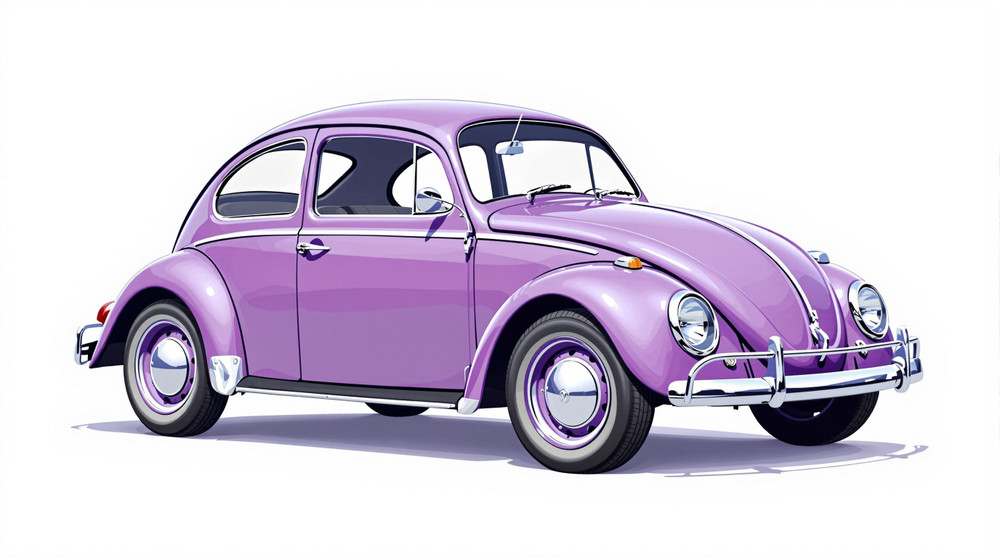Image of 1959 Volkswagen Beetle, Note: These illustrations use artistic license and may differ from actual historical models.
Performance Metrics
Fundamental Metrics
Emotional Appeal
MMP Rating
| Engine Specifications | |
|---|---|
| Engine: | Air-cooled, rear-mounted, flat four |
| Displacement: | 1.2L (1192 cc) |
| Horsepower: | 36 hp at 3700 rpm |
| Torque: | 68 lb-ft at 2000 rpm |
| Compression Ratio: | 6.6:1 |
| Ignition System: | Distributor ignition system |
| Cooling System: | Air-cooled |
| Performance Specifications | |
| 0-60 Time: | 22.5 seconds |
| 1/4 Mile Time: | Not available |
| Top Speed: | 72 mph |
| Transmission and Drive | |
| Drive Type: | Rear-wheel drive |
| Transmission Type: | 4-speed manual |
| Fuel and Efficiency | |
| Fuel System Type: | Carburetor |
| MPG: | 28-32 mpg |
| Dimensions and Brakes | |
| Brakes: | Drum brakes on both front and rear |
| Wheelbase: | 94.5 inches |
| Weight: | 1,675 lbs |
Note: Specifications for classic cars are given to the best of our ability, considering the limited and variant data available.
Introduction
The 1959 Volkswagen Beetle is not just a car; it's a cultural icon that encapsulates the spirit of an era. Born from the vision of Ferdinand Porsche and the demands of a pre-war Germany, the Beetle—or 'Bug' as it is affectionately known—emerged as a symbol of simplicity and reliability. Its unique shape and engineering ingenuity captured hearts worldwide, making it one of the most recognizable vehicles on the planet. A notable moment in its storied history is when production numbers surpassed those of the Ford Model T, crowning it as the most-produced car on a single platform ever.
Design and Innovation
The Beetle's exterior styling is unmistakable with its rounded fenders, smiling front end, and split rear window (which was replaced by a single oval in later models). Inside, the 1959 model greeted drivers with a minimalist dashboard, a testament to its utilitarian roots, and seats upholstered in durable materials designed to stand the test of time. Technologically, it boasted an air-cooled rear engine that defied conventional design norms. Color options ranged from vibrant hues to pastel tones, with shades like Horizon Blue and Diamond Grey garnering particular popularity. The two-door sedan body style remained iconic, although convertible versions added a touch of open-air freedom to the lineup.
Historical Significance
The Beetle's impact on automotive design is profound. It championed the rear-engine layout and became a forerunner in promoting compact car design long before fuel efficiency became a global concern. Its simplicity set it apart from contemporaries laden with chrome and tailfins, offering instead a practicality that resonated across various demographics.
Performance and Handling
Performance-wise, the 1959 Beetle wasn't about breakneck speed; it was about dependability. With a top speed hovering around 68 mph and leisurely acceleration, it was more at home cruising city streets than racing down highways. Handling was nimble due to its lightweight construction and independent suspension system. Drivers often noted the distinctive hum of its air-cooled engine and how it contributed to an engaging driving experience that prioritized connection over comfort.
Ownership Experience
As versatile as they come, the '59 Beetle served as everything from a daily commuter to a quirky showpiece. Its mechanical simplicity meant that maintenance was straightforward enough for DIY enthusiasts, contributing to its reputation for reliability. Parts were—and still are—readily available, making repairs manageable for average owners.
Fun Facts
The Beetle has been owned by celebrities, featured in countless films, and even held speed records within its class. It has been both praised for its design efficiency and criticized for its lack of power and amenities. Yet these criticisms never overshadowed its charm or widespread appeal.
Collector's Information
Today, the value range for collectors can vary widely based on condition and originality. Estimates suggest that millions of Beetles were produced over its lifespan, but specific numbers for 1959 models are harder to pinpoint. Generally speaking, well-maintained examples can fetch anywhere from $15,000 to $30,000 or more in today's market, with values appreciating over time due to nostalgia and rarity.
Conclusion
The 1959 Volkswagen Beetle stands as more than just a car; it's an enduring piece of automotive history that continues to captivate enthusiasts around the globe. Its legacy is one of innovation through simplicity—a testament to design philosophy that still resonates in our increasingly complex world.
1959 Volkswagen Beetle Catalog of Parts
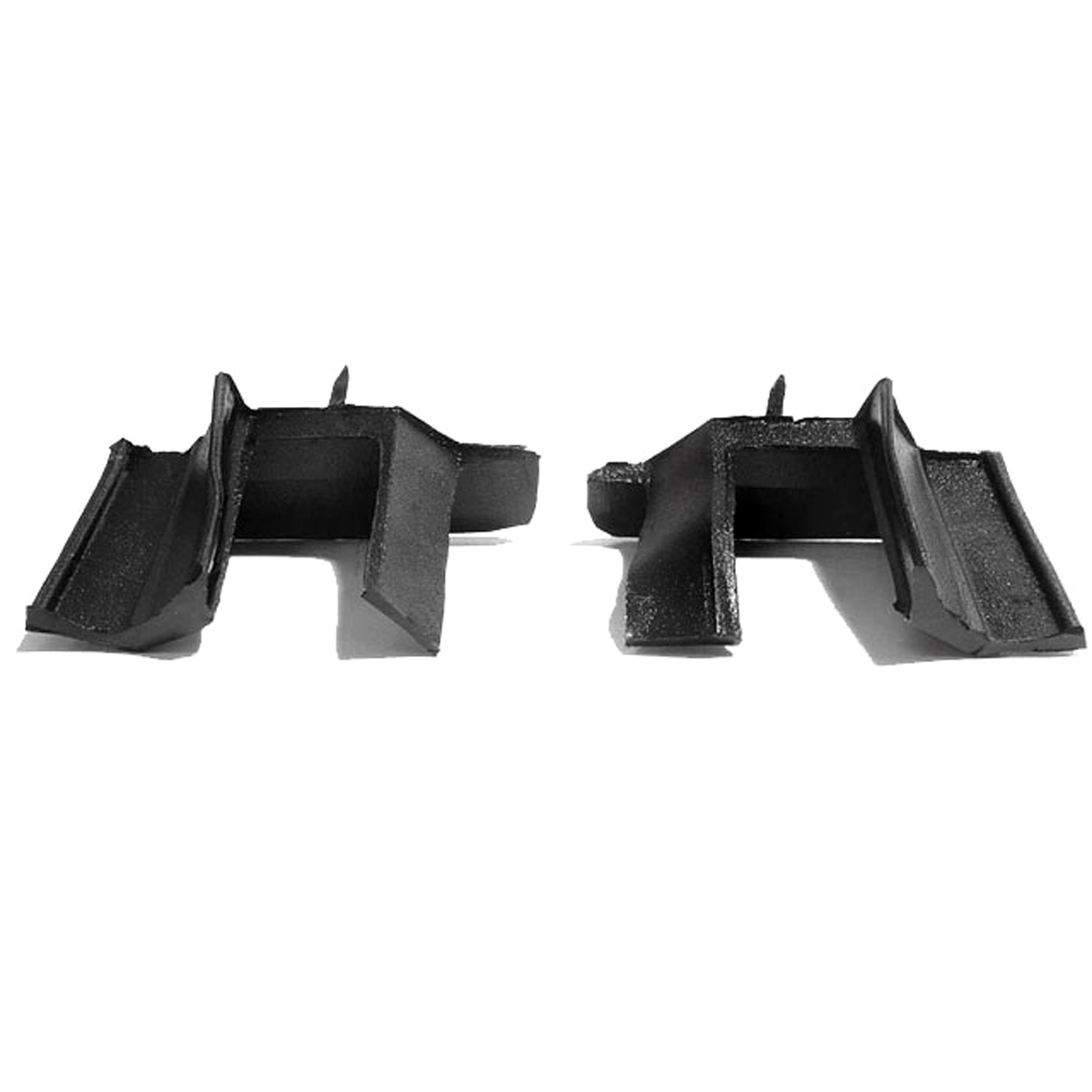 1959 Volkswagen Beetle Front Quarter Wedge Weatherseal for Convertibles-ALP 10Front Quarter Wedge Weatherseal for Convertibles. Used at back of roll-up quarter window. Pair R&L
1959 Volkswagen Beetle Front Quarter Wedge Weatherseal for Convertibles-ALP 10Front Quarter Wedge Weatherseal for Convertibles. Used at back of roll-up quarter window. Pair R&L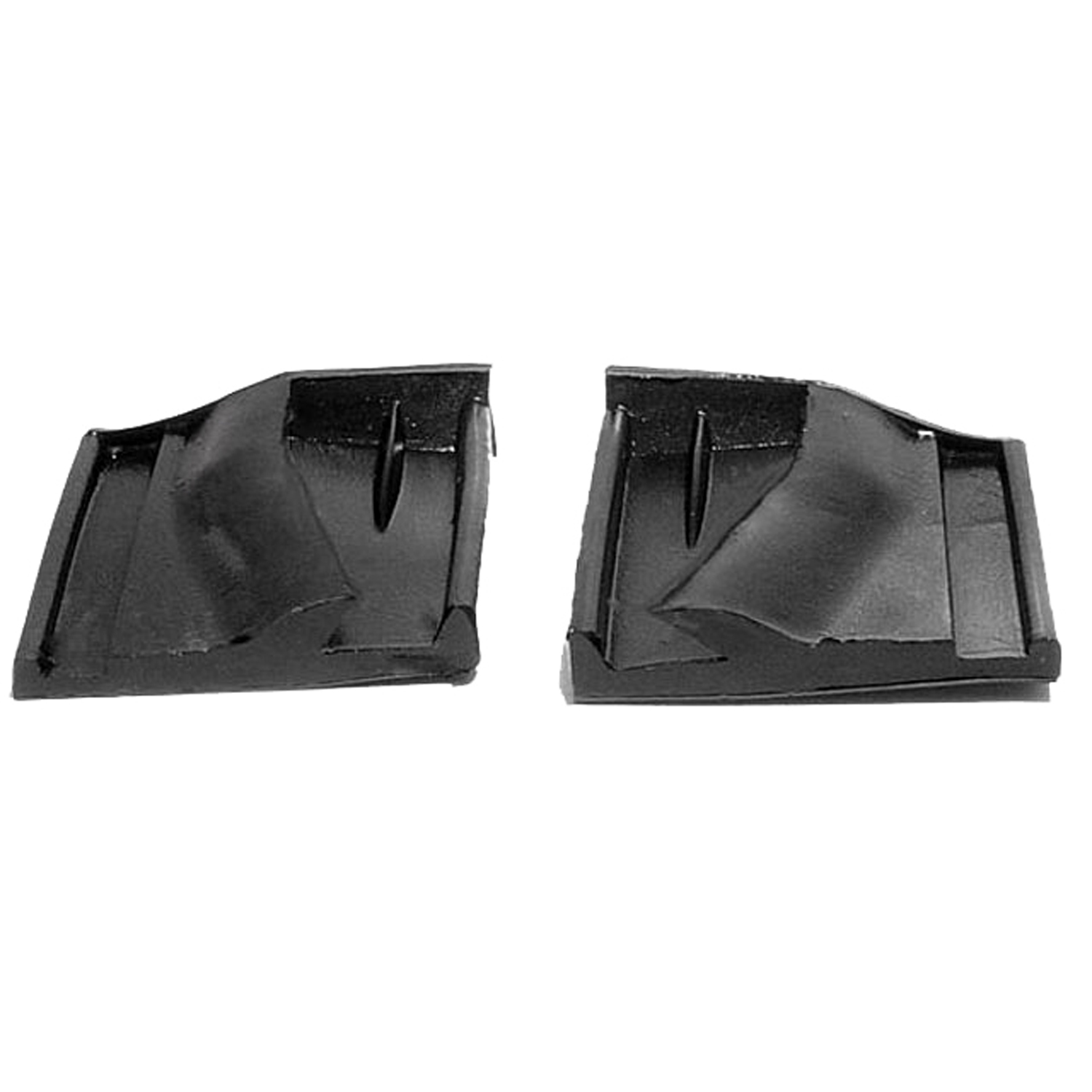 1959 Volkswagen Beetle Rear Door Wedge Weatherseal for convertibles-ALP 10-ARear Door Wedge Weatherseal for convertibles. Used behind back of roll-up quarter window. Pair R&L
1959 Volkswagen Beetle Rear Door Wedge Weatherseal for convertibles-ALP 10-ARear Door Wedge Weatherseal for convertibles. Used behind back of roll-up quarter window. Pair R&L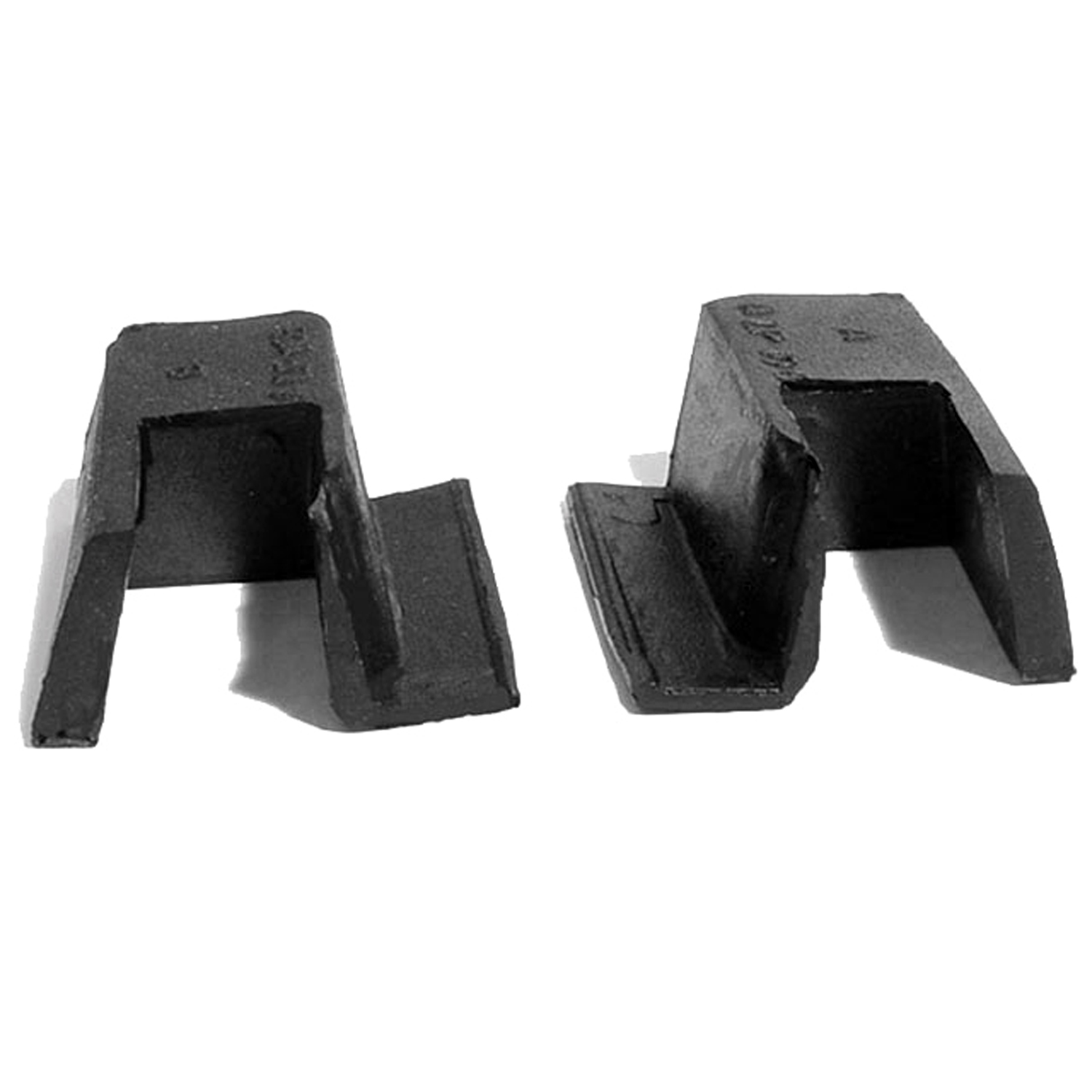 1959 Volkswagen Beetle Rear Quarter Wedge Weatherseal for Convertibles-ALP 10-BRear Quarter Wedge Weatherseal for Convertibles. Used at front of roll-up quarter window. Pair R&L
1959 Volkswagen Beetle Rear Quarter Wedge Weatherseal for Convertibles-ALP 10-BRear Quarter Wedge Weatherseal for Convertibles. Used at front of roll-up quarter window. Pair R&L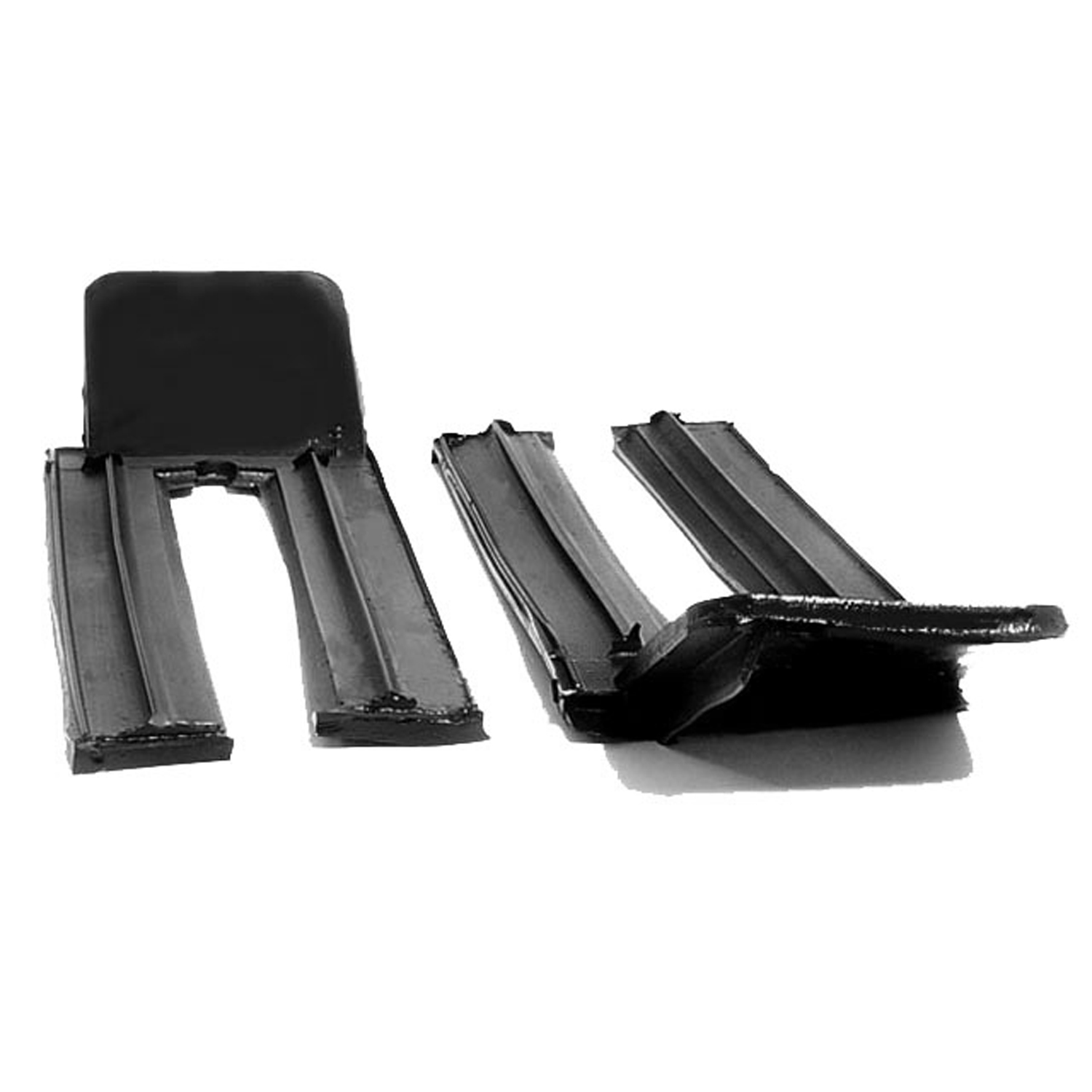 1959 Volkswagen Beetle Front Door Wedge Weatherseal for Convertibles-ALP 10-CFront Door Wedge Weatherseal for Convertibles. Used at front of vent window assembly to door. Pair R&L
1959 Volkswagen Beetle Front Door Wedge Weatherseal for Convertibles-ALP 10-CFront Door Wedge Weatherseal for Convertibles. Used at front of vent window assembly to door. Pair R&L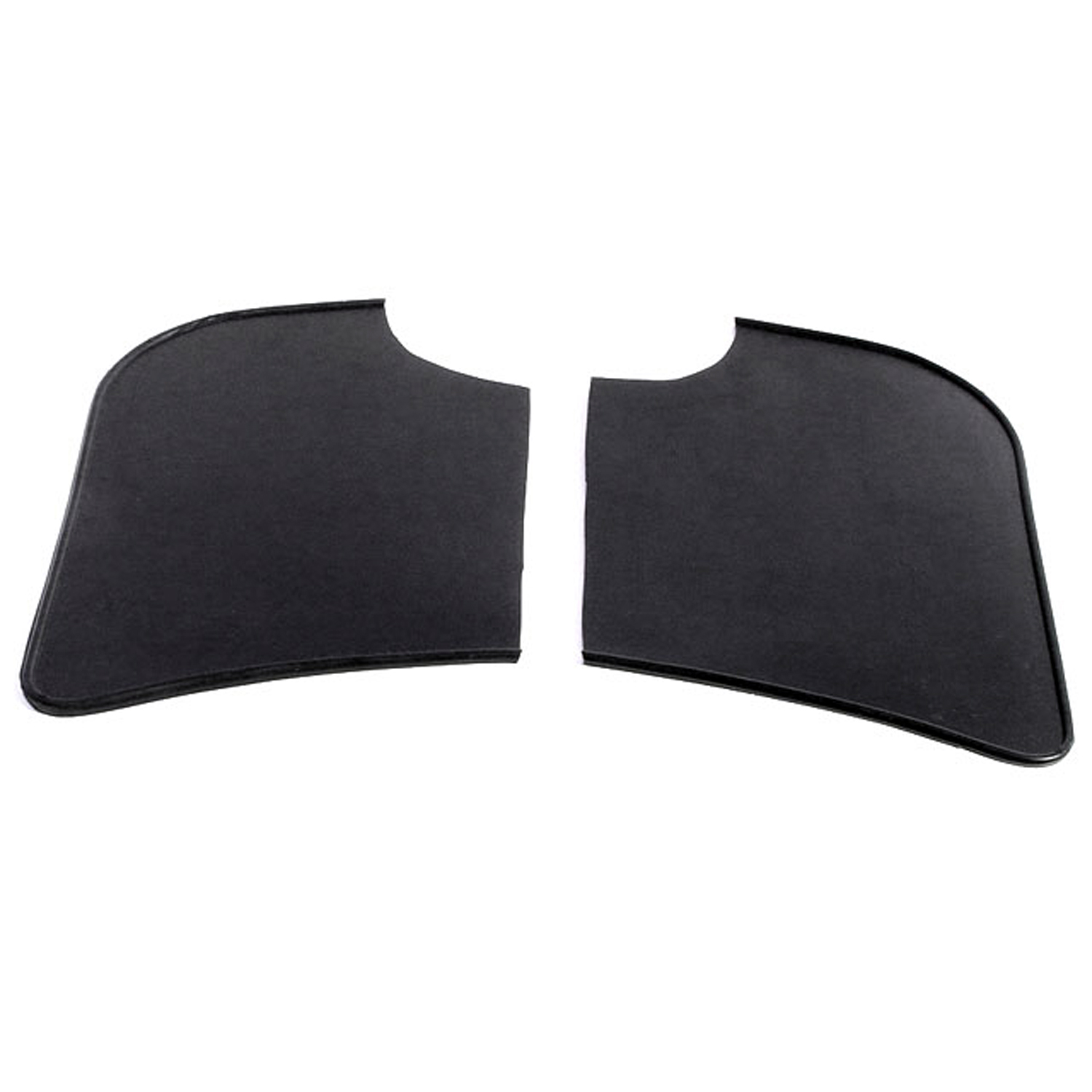 1959 Volkswagen Beetle Gravel Shields. Molded flat without metal backing plates-FS 40Gravel Shields. Molded flat without metal backing plates. Apply with contact cement. 7-5/8" long X 5-5/8" wide at top. Pair
1959 Volkswagen Beetle Gravel Shields. Molded flat without metal backing plates-FS 40Gravel Shields. Molded flat without metal backing plates. Apply with contact cement. 7-5/8" long X 5-5/8" wide at top. Pair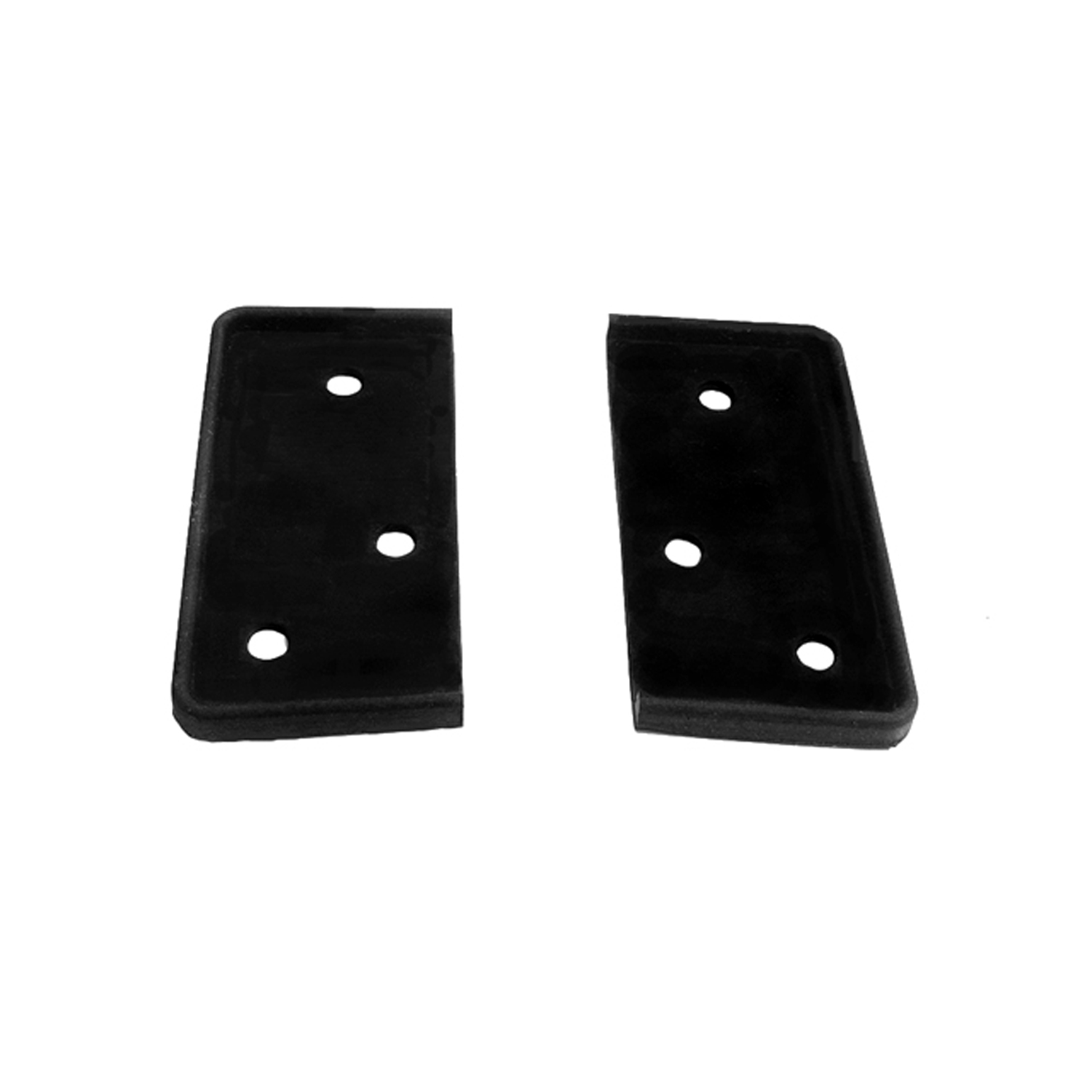 1959 Volkswagen Beetle Outside Quarter Window Seal (facing base)-MP 1501Outside Quarter Window Seal (facing base). 2-1/2" wide X 1-1/4" long. Pair R&L
1959 Volkswagen Beetle Outside Quarter Window Seal (facing base)-MP 1501Outside Quarter Window Seal (facing base). 2-1/2" wide X 1-1/4" long. Pair R&L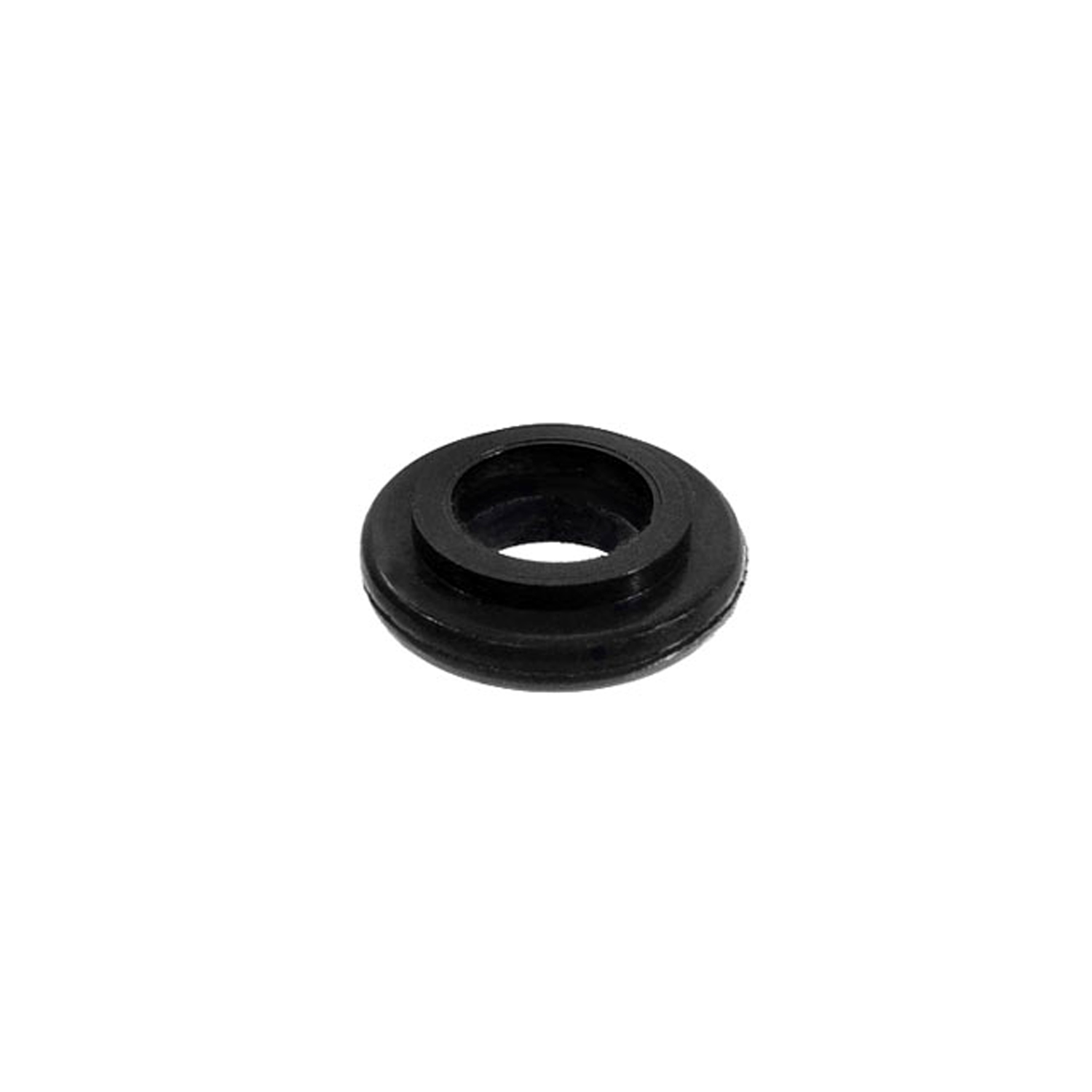 1959 Volkswagen Beetle Oil Cooler Seal. 7/16" I.D., 7/8" O.D. Each-RP 8-BOil Cooler Seal. 7/16" I.D., 7/8" O.D. Each
1959 Volkswagen Beetle Oil Cooler Seal. 7/16" I.D., 7/8" O.D. Each-RP 8-BOil Cooler Seal. 7/16" I.D., 7/8" O.D. Each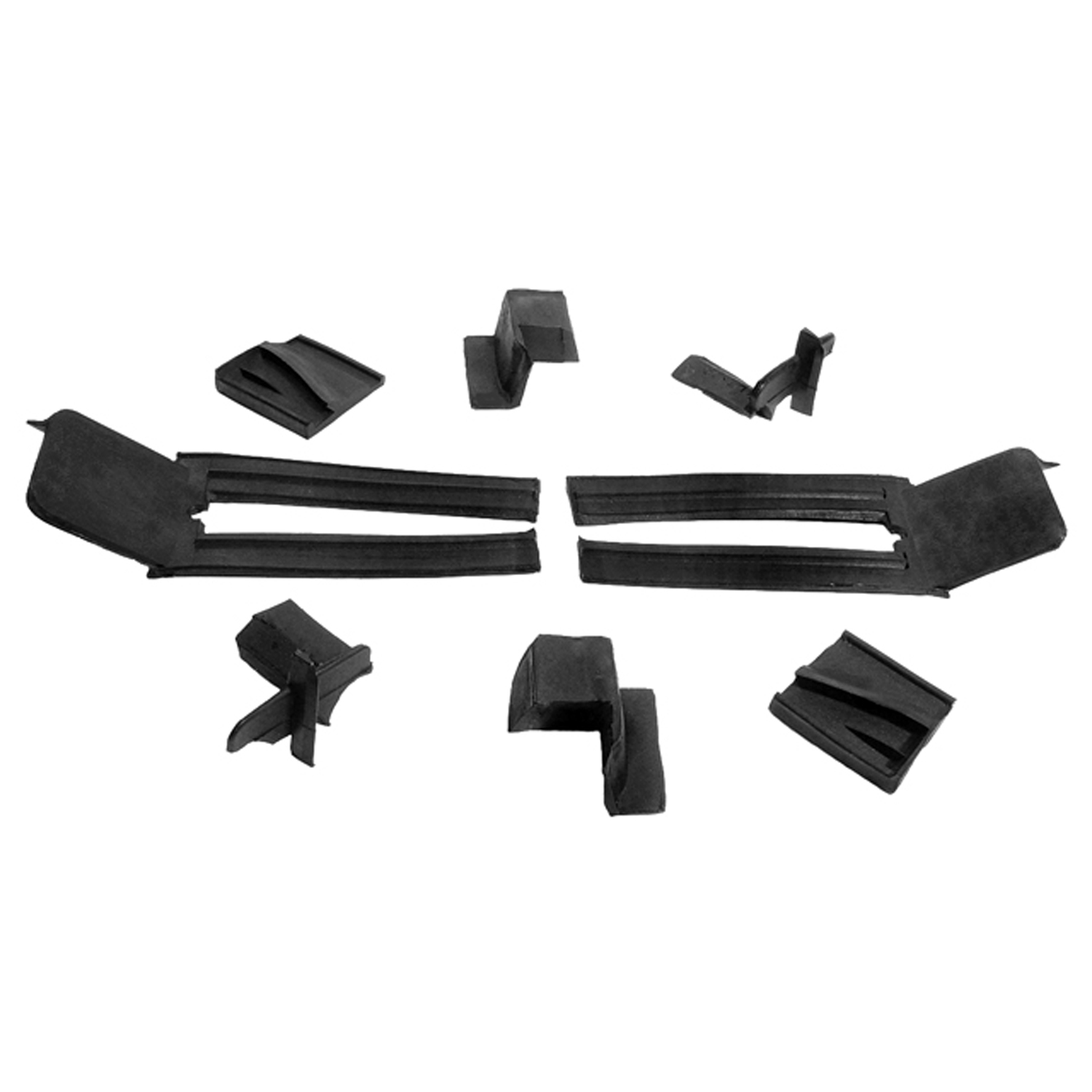 1959 Volkswagen Beetle Auxillary Window Seal Kit for Convertibles (ALP 10, ALP 10-A-WK 400Auxillary Window Seal Kit for Convertibles (ALP 10, ALP 10-A, ALP 10-B, ALP 10-C) 8-Piece Kit
1959 Volkswagen Beetle Auxillary Window Seal Kit for Convertibles (ALP 10, ALP 10-A-WK 400Auxillary Window Seal Kit for Convertibles (ALP 10, ALP 10-A, ALP 10-B, ALP 10-C) 8-Piece Kit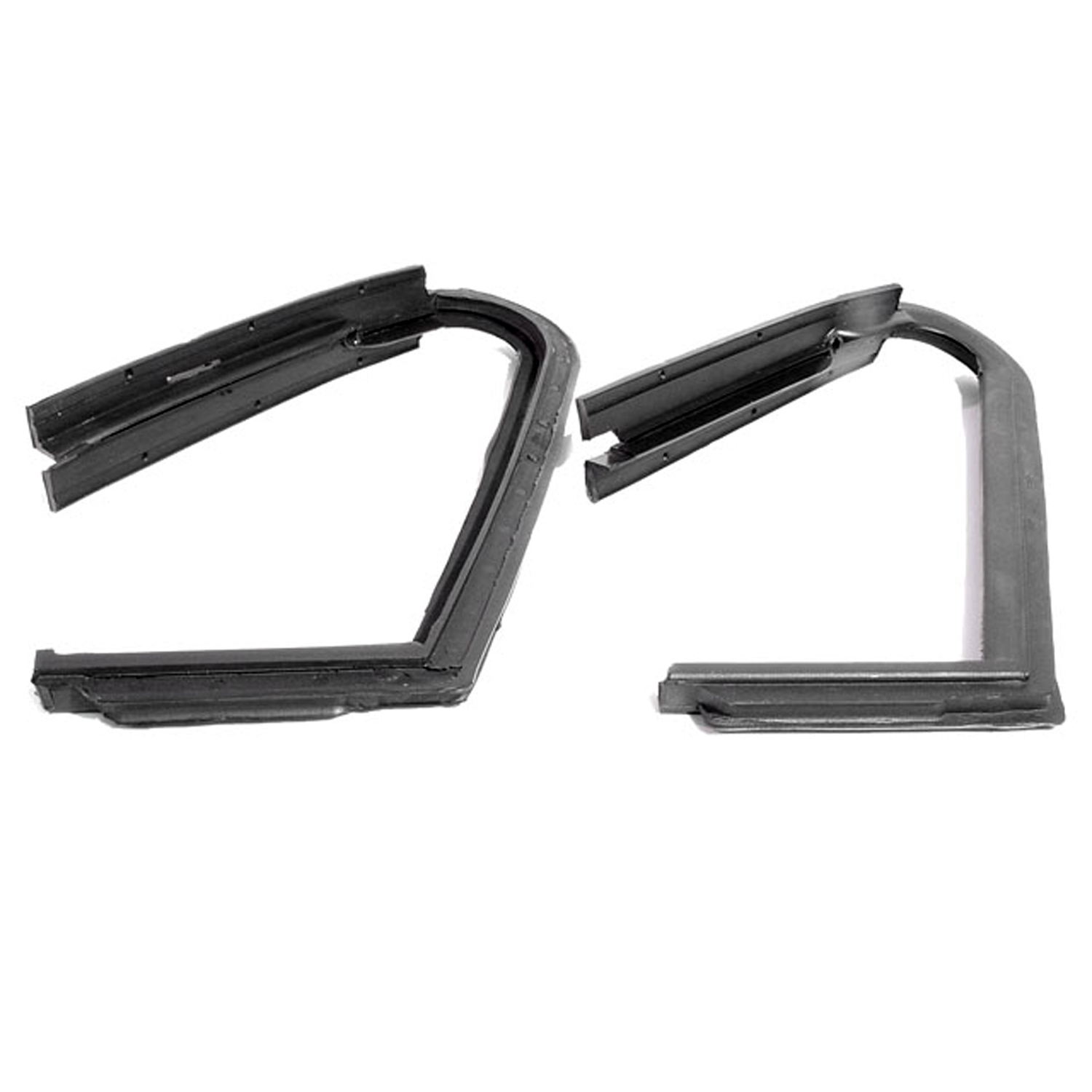 1959 Volkswagen Beetle Front Vent Window Seals, for Convertibles-WR 9800Front Vent Window Seals, for Convertibles. Molded in proper shape. Pair
1959 Volkswagen Beetle Front Vent Window Seals, for Convertibles-WR 9800Front Vent Window Seals, for Convertibles. Molded in proper shape. PairWhy Choose Metro?
For over 100 years, Metro Moulded Parts has been the pinnacle of quality in classic car restoration parts. Our commitment to precision and authenticity in every component ensures a perfect fit and an OEM-level appearance.
- Expert Craftsmanship & Quality: Each part is a testament to our dedication to reliability and perfection, crafted from original designs and thoroughly tested.
- Advanced Technology: We use cutting-edge techniques to create flawless, long-lasting parts that surpass others in performance.
- SuperSoft Sponge – The Ultimate Door Seal: Not only are our door seals 30% softer than competitors', but they're also guaranteed to never leak. They effectively reduce wind and road noise, enhancing your classic car's comfort and driving experience.
- Proudly American: Our parts are a product of American craftsmanship, made in the USA with a spirit of excellence and heritage.
- Unrivaled Warranty: We back our products with a 30-year industry-leading warranty, a testament to our confidence in their quality.
Join us in preserving the legacy of classic cars with parts that are crafted for perfection, not just made.

